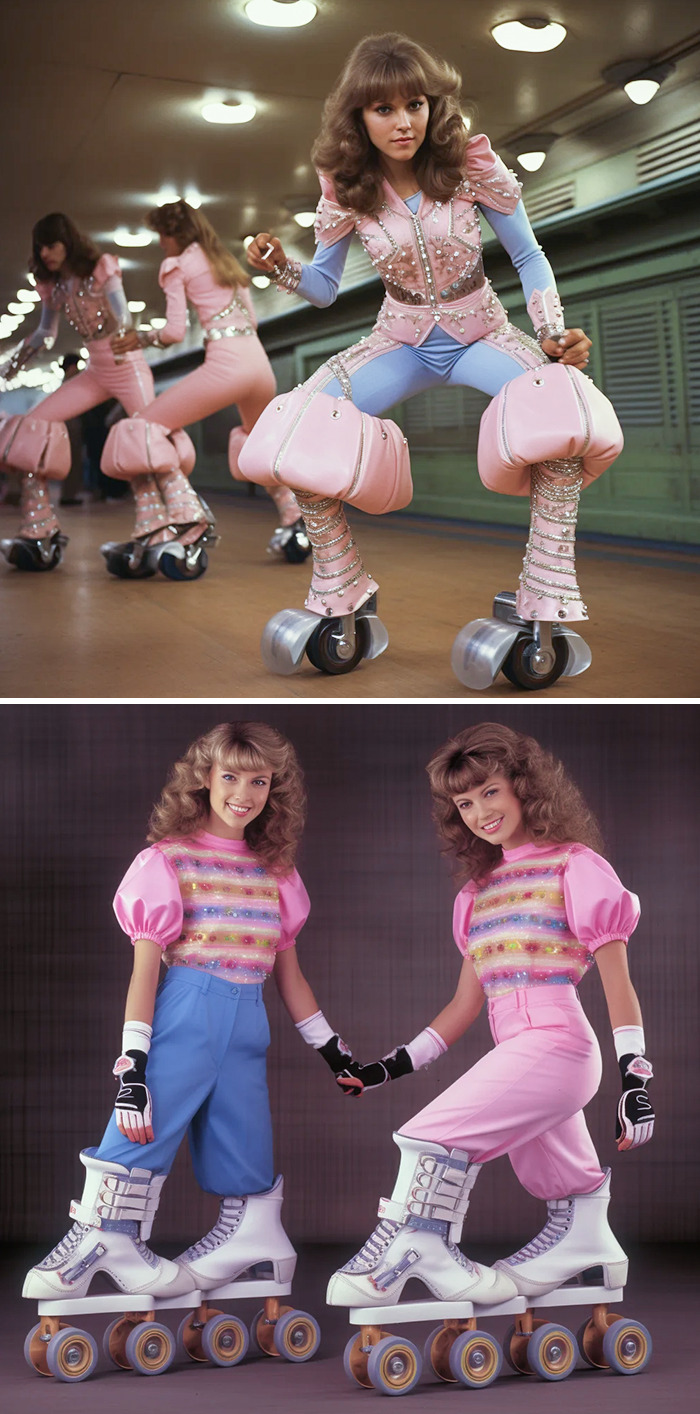No human being ingests petabytes of info, shoves it through a 10 to 100+ megawatt datacenter full of thousands of ultra-fast processors, to reduce it all down into some multi-billion-dimensional arrays of probability vectors.... and then automagically pop out perfect imagery on command.
In fact a human artist (or any other human for that matter) operates at about 100 watts, gradually processes a few gigs of experiences through limited sensory inputs, ponders and muses at something like 10 or 100bps, practices, maybe confers with others, and gradually improves in skill, starting from varying degrees of innate talent.
Interestingly, a human can even create without training or without ever seeing art before. Heck, some people create even not being able to see or hear or move their arms. A current gen AI, on the other hand, can't even exist in any funtional form without ingesting practically the entirety of human output scrapable off the internet.
There is, in fact, zero commonality between what current gen AIs do to "learn" and what a human artist does.





